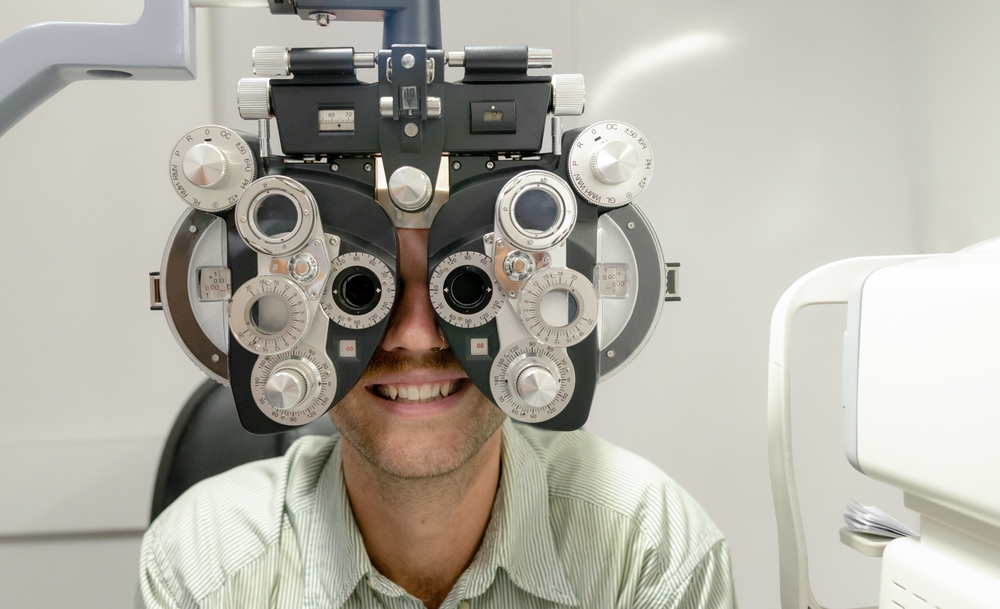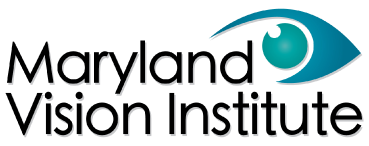Considering Cataract Surgery? Why You May Want a Toric IOL
May 13, 2024
If you have been diagnosed with cataracts and are considering surgery, one of the biggest questions you may have is: Which IOL is right for me? If you have an astigmatism, the answer to that question might be a toric IOL.
Keep reading to learn more about the toric IOL and whether or not this lens might be necessary for you!
How Do Cataracts Affect Your Vision?
Cataracts are the leading cause of vision loss worldwide. They occur when particles of protein and fiber within the eye's natural lens start to break down and clump together.
The particles cloud the lens, blocking light from entering. As these clumps build up and cover more of the lens, they can begin to impair vision.
Some signs of developing cataracts include cloudy vision, difficulty seeing at night or in low light, sensitivity to bright lights and glare, halos around light sources, and yellow or milky-white pupils. During cataract surgery, the natural lens of the eye affected by cataracts is removed and replaced with an artificial intraocular lens, also known as an IOL.
The artificial IOL completely restores clear vision and prevents cataracts from returning.
Do you think you may be experiencing symptoms of cataracts? Take the Cataract Self-Test
What is a Toric IOL?
One of the additional benefits of cataract surgery is that advanced IOLs can improve or restore your vision at one or more distances. The standard IOL covered by Medicare is a monofocal lens, which can correct vision at a single distance of your choosing.
 Today, advances in IOL technology have led to premium IOLs, which can correct vision at near, middle, and far distances. While Medicare does not cover these lenses, the one-time cost of a premium IOL can ultimately save you from paying for years of expensive corrective visual aids.
Today, advances in IOL technology have led to premium IOLs, which can correct vision at near, middle, and far distances. While Medicare does not cover these lenses, the one-time cost of a premium IOL can ultimately save you from paying for years of expensive corrective visual aids.
One of the most exciting advancements in IOL technology are toric IOLs. These special lenses are designed specifically for people with astigmatism who may have had issues finding a suitable IOL in the past.
Toric IOLs have varying vision powers in different parts of the lens to compensate for the asymmetry of the shape of the eye. Unlike a standard IOL, a toric IOL can effectively correct vision problems caused by astigmatism.
Whether a toric IOL lens is right for you depends mainly on the degree of your astigmatism. For instance, people with mild to moderate astigmatism may not need a toric IOL to correct their vision with cataract surgery.
How Can Astigmatism Affect Your Vision?
Astigmatism is an extremely common eye condition. It is estimated that more than fifty percent of Americans have astigmatism in one or both eyes.
Astigmatism occurs when the cornea or lens of the eye is irregularly shaped, causing light to focus unevenly on the retina. While a normal eye is evenly rounded, eyes affected by astigmatism are oval or egg-shaped.
With astigmatism, light rays do not correctly refract, or bend, as they enter the eye. This causes vision problems as light either cannot reach the retina or extend beyond the retina.
The symptoms of astigmatism include blurry or distorted vision, the need to squint to see clearly, difficulty wearing contact lenses, headaches, eye strain, and eye discomfort. Astigmatism can also worsen other refractive errors, like near- and farsightedness.
Schedule a Cataract Evaluation
 What if You Have Both Cataracts and Astigmatism?
What if You Have Both Cataracts and Astigmatism?
As cataracts develop, they can cause the eye's natural lens to thicken and change shape. One of the unexpected benefits of cataract surgery for people with astigmatism is that choosing the right IOL can both get rid of their cataracts and correct their astigmatism.
With a toric IOL, cataract surgery can reduce or even eliminate the need for visual aids to correct an astigmatism.
What Toric IOLs are Available for Cataract Surgery?
At Maryland Eye Institute, we offer our cataract patients innovative toric IOLs that can restore clear, crisp vision. Our options include:
Acrysof IQ Toric IOL
The Acrysof IQ Toric IOL is a premium lens that not only replaces a natural lens clouded over by cataracts but also corrects blurry or distorted vision caused by astigmatism. It features a unique “aspheric” surface, which can accommodate eye shape irregularities more successfully than other IOLs.
Depending on individual needs, the Acrysof IQ Toric IOL can also restore or improve vision at multiple distances. It can also make it easier to see in low-light environments and reduce night vision distortions.
Tecnis Symfony Toric IOL
The Tecnis Symfony Toric IOL is the first and only FDA-approved IOL that can correct cataracts as well as presbyopia, which is age-related nearsightedness. It is designed to restore a patient’s full range of continuous, high-quality vision.
While other IOLs can provide improved vision at one or more distances, the Tecnis Symfony Toric IOL is unique in its ability to treat cataracts, astigmatism, and presbyopia. Opting for this toric IOL can be an opportunity to significantly improve the quality of your vision.
If you are considering cataract surgery, you may be wondering which IOL option can give you the clearest possible vision after your surgery. If you have both cataracts and astigmatism, a toric IOL might be the perfect choice for you!
Do you want to learn more about toric IOLs? Schedule a cataract evaluation at Maryland Vision Institute in Hagerstown, Frederick, or Hancock, MD, today!



